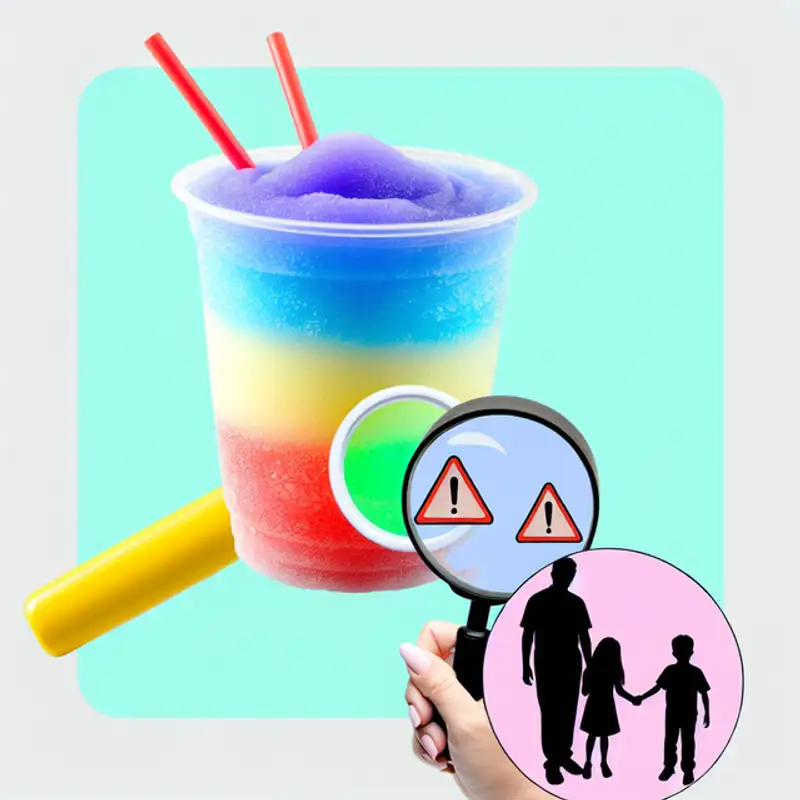 Episode
Episode
· 02:32
Slushy ice drinks may seem like a fun and refreshing treat, but new research suggests they could pose a hidden danger to young children. A study published in the Archives of Disease in Childhood examined 21 cases of children aged two to seven who required emergency treatment after consuming slushies containing glycerol. The sweetener, commonly used to prevent the drinks from freezing solid, can cause dangerous reactions such as loss of consciousness, hypoglycemia, and even seizures. While the UK’s Food Standards Agency (FSA) currently advises that children under five should avoid slushies and those under 11 should have no more than one, researchers now argue that the age limit should be raised to at least eight. The study’s lead author, Professor Ellen Crushell, warns that the reported cases are likely just "the tip of the iceberg," as milder symptoms like nausea and vomiting may go unreported. Experts highlight that it's difficult for parents to determine a safe amount of glycerol for their child, especially when factors like meal timing and drinking speed play a role. Could this mean official health recommendations will soon change?
So, should slushies come with a health warning? Let us know what you think!
Link to Article
Listen to jawbreaker.io using one of many popular podcasting apps or directories.